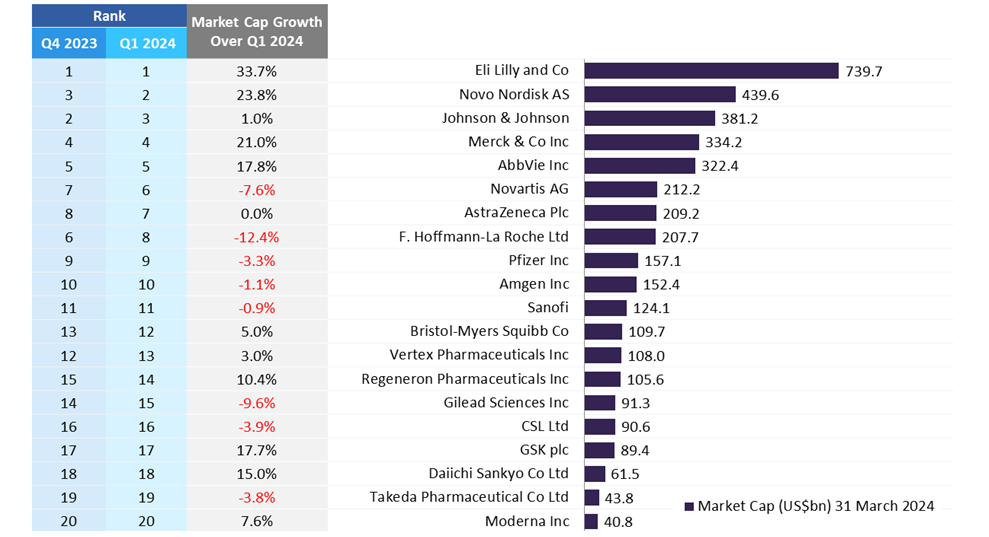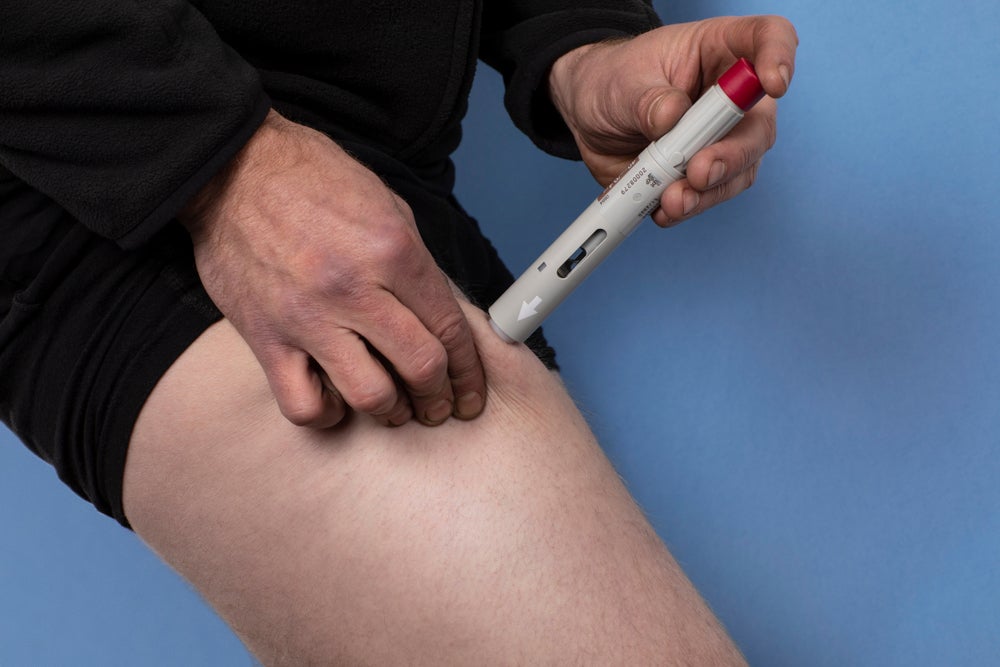
The increase in inflammatory bowel disease (IBD) biologic treatments has been a major driving force in the growth of this market in recent years. In 2007, AbbVie’s Humira received approval from the FDA to treat moderate to severe Crohn’s disease. Since that date, the IBD market has seen the entry of seven biologics, with US total sales of these drugs in 2023 reaching approximately $10.2 billion, according to GlobalData market analysis reports of ulcerative colitis and Crohn’s disease. More biologics are anticipated to enter the market in the coming years; however, this segment of the IBD landscape will experience significant events and external forces that could potentially suppress previously observed growth.
Barriers to US market growth will primarily result from the loss of patent exclusivity for current biologics and the subsequent entry of biosimilars into these reference therapies. Additionally, pharmaceutical companies must face the growing swell of bipartisan and public support for increased legislation aimed at increasing transparency and reducing the cost of prescription drugs in the US. It should be noted that in this current environment, the stature of pharmaceutical lobbying groups such as the Pharmaceutical Research and Manufacturers of America has diminished, as evidenced by the departure of members AstraZeneca, AbbVie and Teva. The exodus of these companies could also be viewed as an indication of the overall support for such regulations. Alternatively, the factors facing the US market are not expected to have the same impact in the EU and other major markets, such as Canada and Japan, where regulations to keep drug prices low are well-established.
In addition to the previously mentioned challenges facing the biologic sector, companies must also contend with the emergence of novel small molecules, particularly Janus kinase and sphingosine 1 phosphate receptor modulators, to grow the market. Small molecules can challenge biologics for significant market share due to their favorable oral route of administration as well as their relatively lower costs. If these drugs are shown to have comparable therapeutic efficacy, it will be harder to justify the use of the more expensive biologics over these therapies. Subsequently, the impact of the eventual entry of the respective generics into these small molecules will compound the negative force on the market. Companies such as AbbVie have hedged their bets by putting forward both a biologic and a small molecule, Skyrizi and Rinvoq, respectively.
For the IBD market to continue to grow, it is critical for biologics entering the market to continue to show substantial efficacy over current biological and small-molecule therapies to justify their higher cost. Fortunately, this will force innovation by companies that seek to enter this space.
See Also:
How well do you really know your competitors?
Access the most comprehensive Company Profiles on the market, powered by GlobalData. Save hours of research. Gain competitive edge.

Thank you!
Your download email will arrive shortly
Not ready to buy yet? Download a free sample
We are confident about the unique quality of our Company Profiles. However, we want you to make the most beneficial decision for your business, so we offer a free sample that you can download by submitting the below form
By GlobalData







Related Company Profiles
AbbVie Inc
AstraZeneca Plc